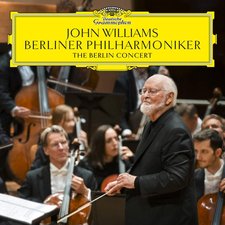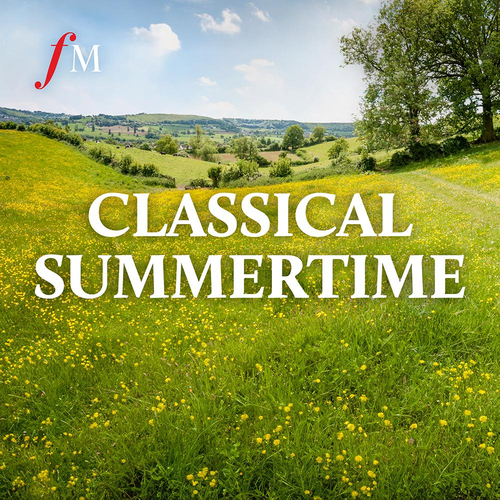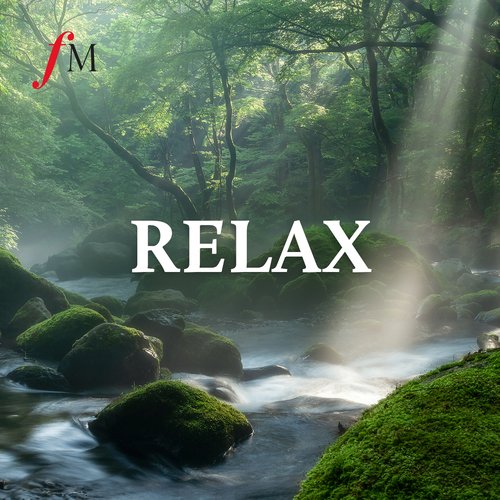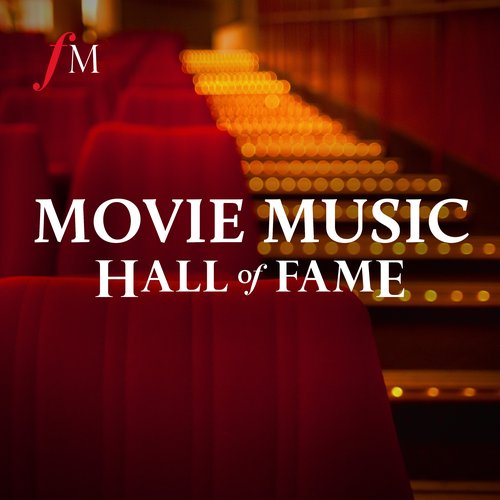What is the Tokyo 2020 Olympics Victory Ceremony music, and who composed it?
28 July 2021, 13:23
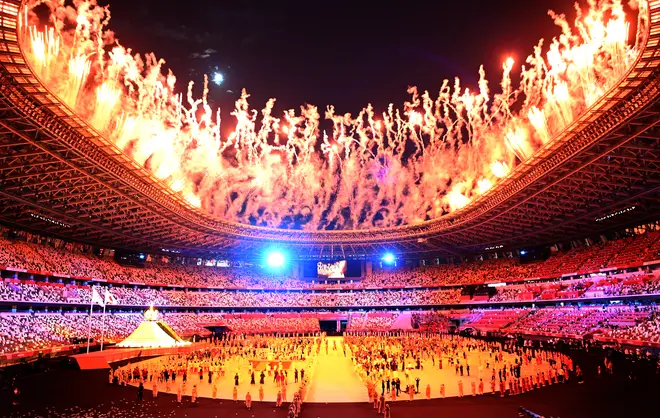
Hundreds of musicians came together to create the beautiful, uplifting music that can be heard during the Tokyo 2020 Victory Ceremonies.
The Tokyo 2020 Victory Ceremony podium music is an original piece for chorus and orchestra, written by Japanese composer Naoki Satō.
It has an uplifting melody and a soaring, hopeful chorus that aims to show respect to all Olympic and Paralympic athletes, while putting them at ease and capturing the wide range of emotions they may feel standing on the podium.
A total of 256 orchestral and choral musicians contributed to the performance of the piece ahead of Tokyo 2020.
“We want to celebrate these athletes who have overcome so many difficulties,” the Tokyo Organising Committee of the Olympic and Paralympic Games said in their Victory Ceremony podium music unveiling video earlier this year. “Japan’s leading musicians have come together and conceived this remarkable composition.”
Read more: Tokyo 2020 Olympics opening ceremony: Every piece of music played at the event
The final music captures a range of musical styles, and the arrangement brought together 144 leading studio musicians and members of Japan’s leading symphony orchestras, with a further 112 string and chorus members called in to contribute to the emotional and suspenseful score.

Event Unveiling Victory Ceremony Podium, Costume, Music and Medal Tray
Who is Naoki Satō, the composer of the Tokyo 2020 Olympics Victory Ceremony music?
Naoki Satō is an award-winning Japanese TV and film composer, who graduated from Tokyo College of Music in 1993.
He has written scores for numerous animé series, including the first five Pretty Cure seasons, X, Eureka Seven, Sword of the Stranger, and Blood-C, and films such as Space Battleship Yamato and Rurouni Kenshin.
Read more: How Susan Boyle’s unexpected Olympics appearance stole the show
“I felt exhilarated and greatly honoured to be able to contribute to the rare occasion where music meets sports,” the composer said of the Tokyo 2020 commission.
"Before composing the music, I listened to the victory ceremony music used at past summer and winter Olympic and Paralympic Games. Many of the pieces featured musical instruments and melodies symbolic of the host country, which was fascinating.
“However, I decided not to employ any elements distinctive to Japan. My composition has turned out to be the most traditional of all the music used in victory ceremonies at recent Olympic and Paralympic Games."
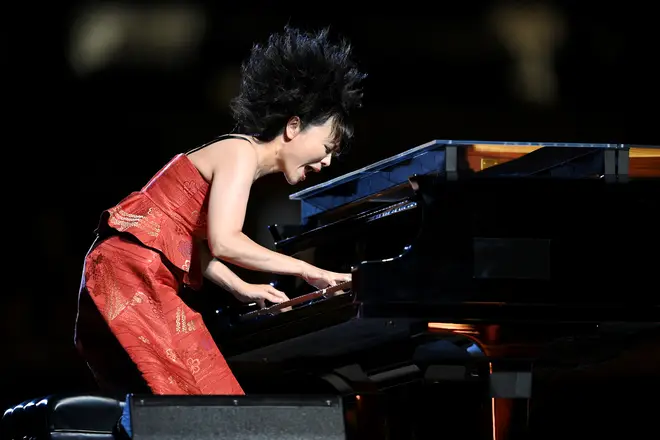
What does the Tokyo 2020 Victory Ceremony music sound like?
Satō felt it was important that all athletes around the world were reflected in the representative piece.
“Athletes of diverse cultures, languages and aspirations stand on the podium, so I considered that music with prominent Japanese features would get in the way of the ceremonious moment,” he told the Tokyo 2020 committee.
And for the composer, getting the melody right was key. It was about a fine balance between optimism and restraint.
“I spent a lot of time deciding how much of an expressive singing element should be included. An overly dramatic melody can transcend the sentiments of the athletes, while a quick tempo could turn the music into an action scene.
“Victory ceremony music is a song for commending the winners for their feat. I took great care in every aspect not to lose sight of this premise.”
The beautiful piece swells with dignity, and honours the athletes in their proudest moments incredibly fittingly.
“I feel tremendously honoured to be able to support, from a musical perspective, the special stage for athletes from around the world, who have given their all to overcome all kinds of adversities and ordeals to compete at Tokyo 2020,” the composer added.
